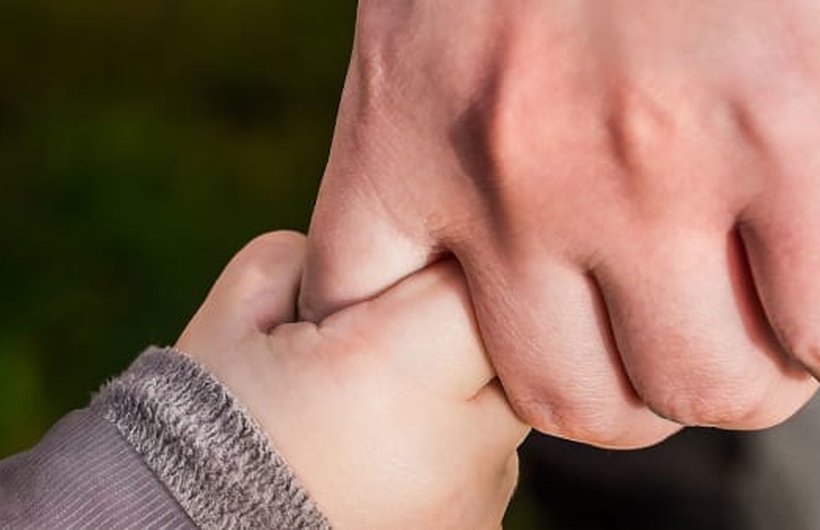Joint statement in response to NICE’s preliminary decision on Anti-GD2 antibody therapy dinutuximab beta
From Solving Kids’ Cancer, Neuroblastoma UK, the Children’s Cancer and Leukaemia group, JACK, The Bradley Lowery Foundation, Hugs from Henry, Christopher’s Smile, Niamh’s Next Steps and Smile with Siddy.
Charities and Clinicians that support children with high-risk neuroblastoma and their families have joined together in response to the decision not to recommend a life-saving drug called dinutuximab beta for use on the NHS.
Speaking to represent all of the organisations, Stephen Richards, Chief Executive of Solving Kids’ Cancer, said:
“Anti-GD2 antibody therapy given at the end of standard therapy represents the best chance of long-term survival for children diagnosed with high-risk neuroblastoma. It is recognised as standard of care by clinicians internationally.
This is devastating for families – it takes away hope in the fight against high-risk neuroblastoma, and it’s immoral to deny children the chance of an essential treatment that could enable them to live longer or cancer-free.
When we know that there is an effective drug available, it’s immensely frustrating for parents to be entangled within a system that leaves them no choice but to raise hundreds of thousands of pounds for their children to receive this treatment overseas. Having the extreme pressure of fundraising plus the anxiety and logistics of travelling abroad for treatment puts an enormous emotional and practical strain on families.
NICE has been directed to work within an appraisal route that is based entirely on complex health economics. This doesn’t take into account the nature of the disease and any of the unique contexts, challenges and considerations that exist within rare children’s cancers. Instead, a drug that saves the lives of some children and extends the lives of others has been appraised against metrics designed to evaluate treatments for chronic conditions affecting adults. The system’s one-size-fits-all approach is simply not fit for purpose.
This decision leaves the UK lagging behind other countries in Europe and North America, where experts agree that this drug is an important part of treatment and is already standard of care. There is some hope in the recommendation for managed access via the Cancer Drugs Fund and we call, in the strongest of terms, on all those involved to come together to urgently find a solution that doesn’t put children’s lives at risk. Whilst this dialogue happens, every new child who needs dinutuximab beta must receive it without financial cost.
Failure to do so would be inexcusable. We owe it to these vulnerable children to give them the best chance of survival, and we will do everything in our power to keep fighting for these families.”
See: NICE information.

